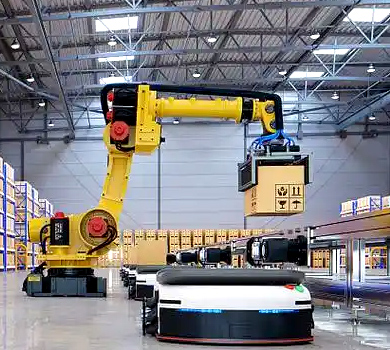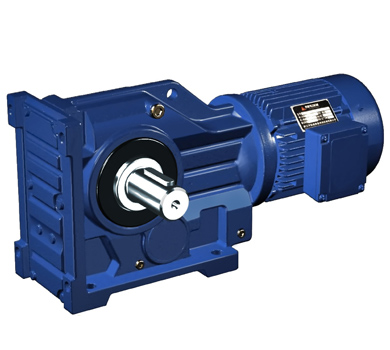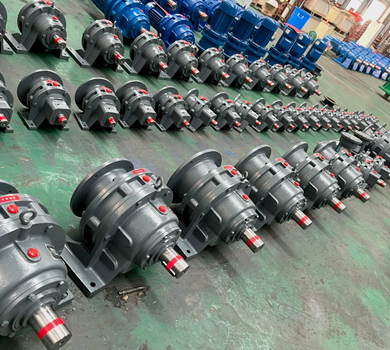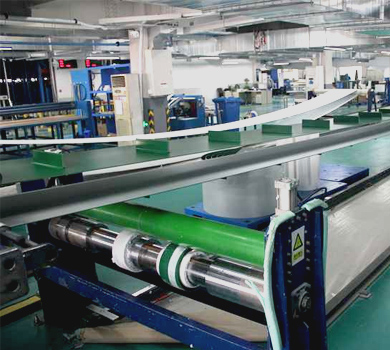Industry Challenges and Pain Points Analysis:
The battery electrolyte filling rotary platform is a core component in the new energy assembly system, particularly in the manufacturing of lithium-ion batteries. This system requires precise and repeatable motion to ensure accurate liquid dispensing and alignment during the filling process. Typically, the equipment consists of high-precision indexing tables, dosing units, sealing mechanisms, and automated conveying systems. With the global shift toward sustainable energy, the demand for higher production efficiency, longer machine life, and reduced maintenance costs is increasing rapidly.
However, the industry faces several technical challenges:
- Transmission system performance: Conventional gearboxes often lack the required torque density and precision for high-speed, high-volume battery production lines.
- Machine stability: Inconsistent indexing or backlash can lead to misalignment, affecting the quality and yield of the final product.
- Energy efficiency: As battery production scales, energy consumption becomes a critical cost factor. Inefficient gearboxes can contribute significantly to operational expenses.
- Compact and modular design: The need for space optimization and flexible integration is growing, especially in cleanroom and high-density production environments.
Key Role and Technical Requirements of Gearboxes in This Industry:
Gearboxes used in battery electrolyte filling rotary platforms must meet high standards due to the demanding nature of the process. Key technical requirements include:
- High torque density: To handle the heavy loads and high inertial forces associated with the filling and clamping operations.
- High transmission accuracy: To ensure repeatable positioning and minimize backlash, especially for automated filling systems.
- Fast response speed: For rapid indexing and positioning, supporting high throughput and line speed.
- System compatibility: Integration with servo motors, PLCs, and motion controllers must be seamless and standardized.
- Environmental adaptability: Must perform reliably in cleanroom conditions and withstand exposure to chemicals and high humidity.
- Long service life and low maintenance frequency: High operational uptime is essential, and frequent maintenance can disrupt production schedules.
Waimica’s Servo Gearbox Solution for Battery Electrolyte Filling Platforms:
Waimica’s servo gearboxes have been specifically engineered to address the unique challenges of new energy assembly systems. The following features directly respond to industry pain points:
Structural Design Highlights:
- Compact footprint: Optimized internal geometry and modular design allow integration into tight spaces and reduce overall system size.
- Modular architecture: Facilitates rapid assembly, replacement, and maintenance, improving system flexibility and downtime reduction.
- Flexible mounting options: Support for multiple installation configurations ensures seamless integration into existing or new systems.
Performance Specifications:
| Parameter | Waimica | Competitor Brand |
|---|---|---|
| Torque range (N·m) | 100 – 2000 | 150 – 1800 |
| Backlash (arcmin) | ≤ 1 | ≤ 2 |
| Efficiency (%) | ≥ 92 | ≥ 88 |
| Operating temperature range (°C) | -20 to +80 | -10 to +70 |
| Input flange form | ISO 9409 / NAMUR / custom | ISO 9409 / NAMUR |
| IP rating | IP65 / IP67 (optional) | IP54 / IP65 |
Special Environmental Conditions Support:
- Waimica’s gearboxes are designed for operation in cleanrooms, meeting ISO Class 7 and above standards.
- They offer excellent corrosion resistance and are compatible with chemical exposure typical in battery manufacturing environments.
- High IP ratings (up to IP67) make them suitable for humid or dust-prone production areas.
Typical Application and Customer Feedback:
Customer Profile: A European-based manufacturer of electric vehicle (EV) battery packs operating in a cleanroom environment. The client was experiencing frequent downtime due to gear unit failures and inconsistent indexing, which affected the electrolyte filling accuracy and production speed.
Waimica’s Involvement:
- Requirement analysis: Waimica’s technical team conducted a detailed site survey and reviewed the existing system layout, identifying key failure points and operational constraints.
- Product selection and customization: A high-torque, low-backlash, modular design servo gearbox was selected and customized for the client’s specific application needs.
- Implementation support: Waimica provided on-site installation support, commissioning assistance, and training for the client’s engineers and maintenance staff.
Post-Implementation Results:
| Parameter | Before Waimica | After Waimica | Improvement |
|---|---|---|---|
| Machine downtime (hours/week) | 12 | 2.5 | 79% reduction |
| Indexing accuracy (arcmin) | ±2.5 | ±0.8 | 68% improvement |
| Mean time between maintenance (hours) | 2000 | 5000 | 150% increase |
| Power consumption per cycle (kWh) | 1.2 | 0.95 | 21% reduction |
Conclusion and Waimica Brand Value Summary:
Waimica has demonstrated its deep engineering expertise and ability to deliver high-performance gearboxes tailored to the specific needs of new energy assembly systems. Our servo gearboxes offer superior torque density, exceptional transmission accuracy, and long-term reliability in challenging environments.
As a "Made in China" solution provider, Waimica offers a cost-effective and high-quality alternative to international brands. We match and, in many cases, exceed the performance levels of leading global manufacturers while maintaining a faster delivery time and more responsive support structure.
The future of battery manufacturing is defined by higher precision, greater automation, and smarter integration. Waimica is well-positioned to support these trends with continuous R&D investment and a customer-centric approach. By partnering with Waimica, manufacturers can achieve improved productivity, system stability, and sustainable growth.






